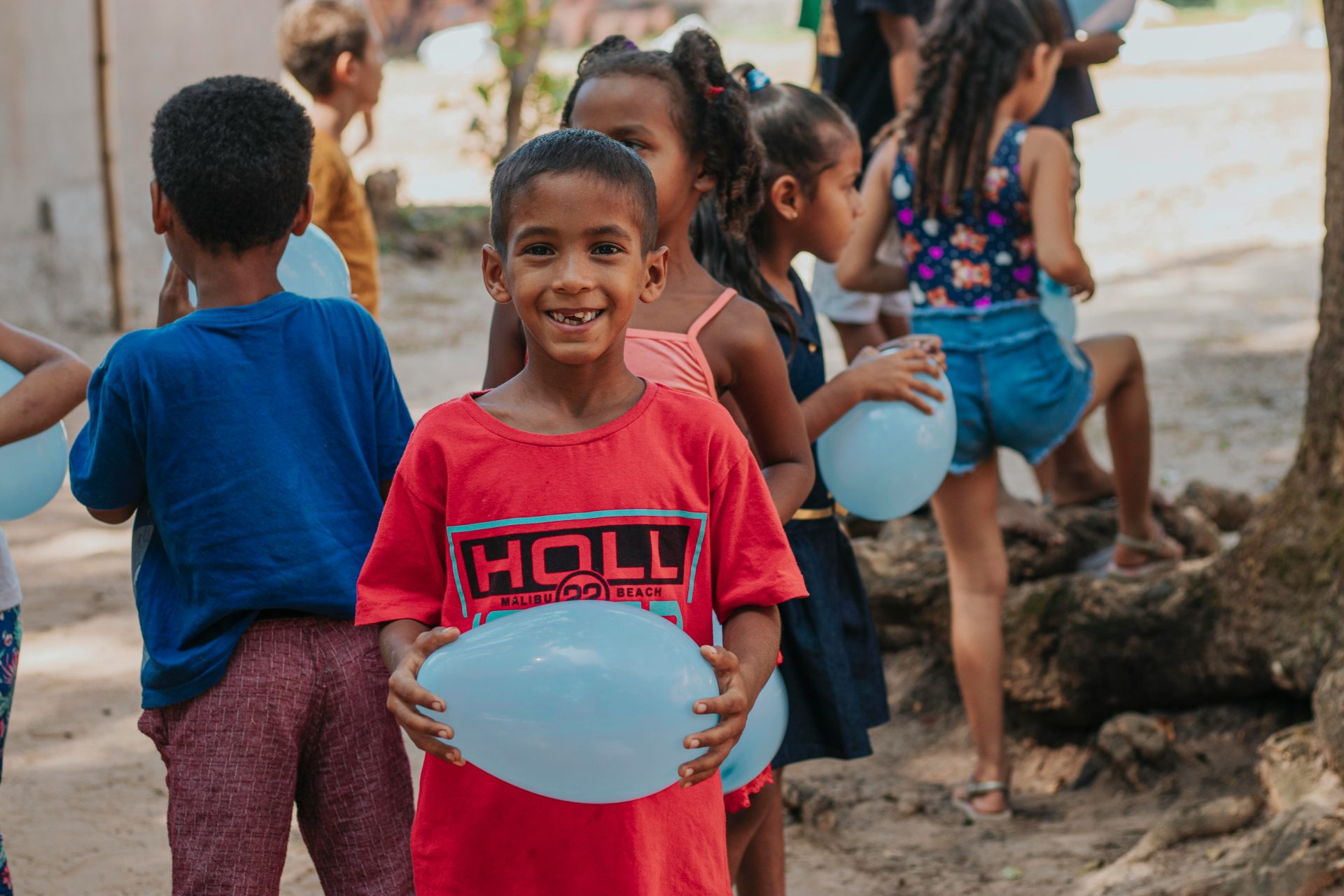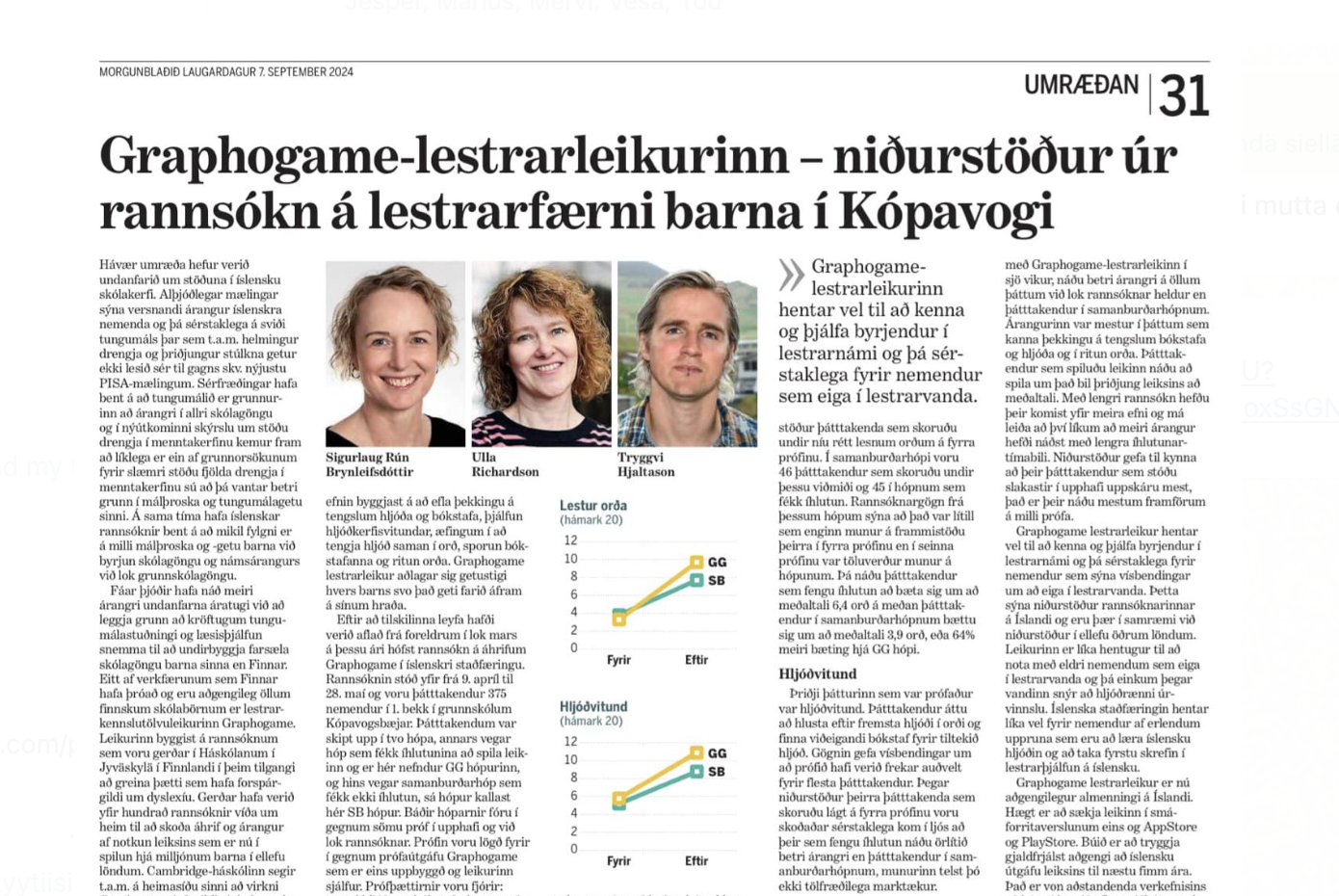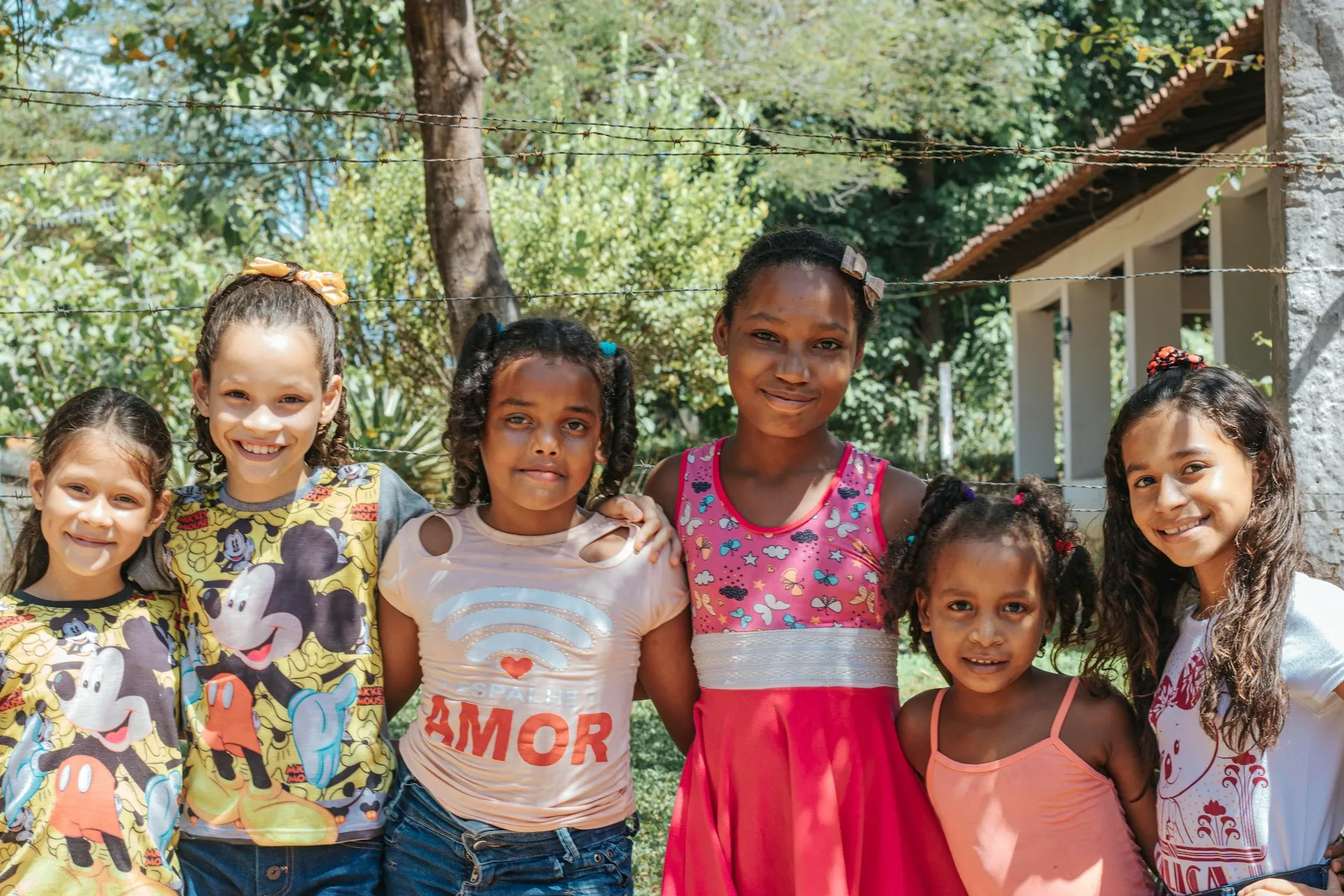GraphoGame: Why did the Brazilian Ministry of Education want to distribute GraphoGame to all Brazilian children?
Augusto Buchweitz: The push for distribution of a freely available, off-line, and fully downloadable version of GraphoGame Brazil came during the COVID-19 pandemic and the resulting school closures. With the pandemic affecting schools, we brought the GraphoGame prototype to the then-national Secretary for Early Literacy, who then became a critical partner and worked with our group and with GraphoGame to launch GG Brazil as soon as possible.
The goal was to provide a freely available education technology that families and teachers could use to try and mitigate some of the effects of school closures. Of course, we had all families in mind, but we tried to keep in mind the challenges faced by lower-income families.
Early learning for children from poorer homes was impacted by a combination of school closure and lack of access to materials, online instruction, or even internet connection to study from home. To be sure, GraphoGame could never and was never meant to replace in-person learning.
We state this in the first paragraph of the introduction to the manual. To meet the emergency needs being addressed by the Ministry of Education, the goal was, again, to provide an accessible, evidence-based pedagogical tool to help mitigate some of the challenges faced at the time. Thus, GraphoGame Brazil was released as freely available, and it could be played without requiring an internet connection.
This “offline” version is different from versions in developed countries. GG Brazil was fully downloadable and playable without the need to connect during play. It is also a “light” app that works on several lower-end smartphones, as most users in Brazil have lower-end Android phones. Awareness of the challenges of internet access and quality of devices was critical to reaching over 1 million users during the pandemic.
GG: What kinds of stakeholders and partners were critical to the success of the project?
Augusto Buchweitz: If we draw the beginnings of GraphoGame all the way back to our first prototype, we relied on professors and researchers who contributed to development of the material, funding from domestic and international public agencies, the university (PUCRS), and education staff and officers in the third sector and government education sectors.
It really took several different stakeholders (it takes a village!), significantly to develop the prototype and then the deliverable version, and, subsequently, carry out the research with the newly developed product.
GG: Was this a public sector project?
Augusto Buchweitz: Except for the early third-sector funding that helped develop the prototype, the work from prototype to product for GraphoGame Brazil was only possible due to the public funding that we received from domestic public agencies and the government, and subsequently also from international public funding partners.
GG: Were there any surprises or obstacles you encountered during the project? Any advice for researchers?
Augusto Buchweitz: I am not sure we were really surprised. We knew that we would face challenges involving a chronic problem of research funding in Brazil and involving a well-known resistance to evidence-based practices in early literacy education. Maybe the surprise involved the level of institutional roots that are held by the resistance to evidence-based instruction.
The theories that are taught in pedagogical courses in Brazil date back decades and are not supported by population-level studies of impact or effectiveness. They are theories, but unproven ones at that. Funding is always a challenge, but it was more so as our grant proposals were denied with politically loaded, anecdotal reviews. A bit of surprise came as most of these anecdotes originated in academia, which is supposed to be a forum for the challenge of ingrained, unproven dogmas.



